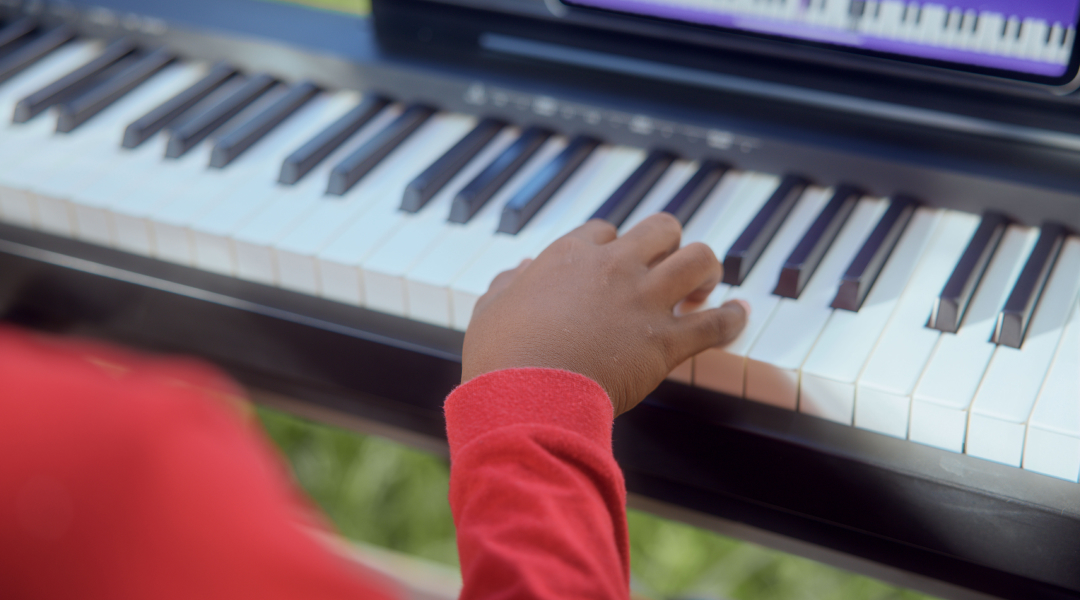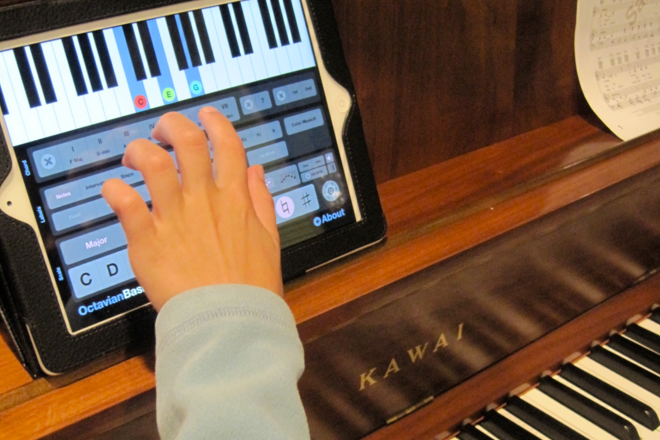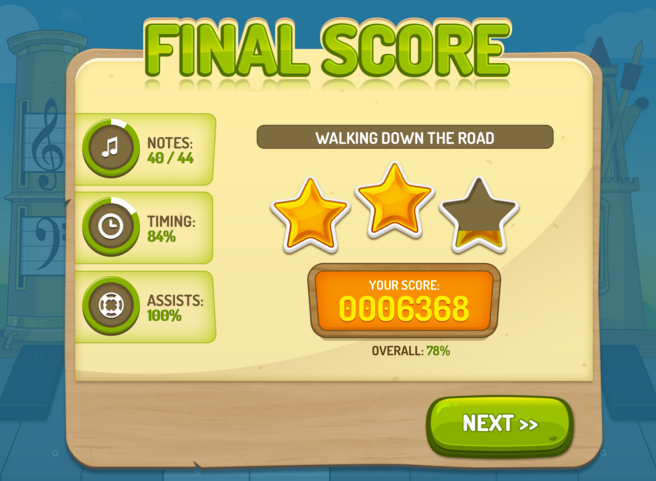How to Write a Hip Hop Song

If you want to learn how to write a hip-hop song, start by studying the fundamentals. A catchy chorus and a nice beat are great for any aspiring artist.
Did you know world-renowned hip-hop artist P Diddy was once a backup dancer? Yes, you could see him making moves for artists like Heavy D back in the day.
If he can move up in the music industry, perhaps you can. If it’s the hip hop arena you’re interested in, use our simple guidelines covering the elements of hip hop and how to weave them together into catchy songs.
Hip-hop song structure.
Most hip-hop songs have 16-bar verses. You follow this up with a chorus or a hook. A hook is a short phrase you can use to catch listeners’ attention.
Your choruses are the most recognizable parts of your songs, while you use verses to share your viewpoint or story. Help your listeners associate with the song by using your hook effectively. For example, use it in your intro so a listener immediately recognizes which song they’re listening to.
Understanding rhyme.
An integral part of hip hop is rhyming. Not everyone is naturally good at it, so practice and try out different types to know which ones you enjoy most and feel comfortable performing.
Common rhyme types in hip hop songs, apart from simple rhyming of the last syllable of each sentence, include:
- Multi syllabic rhyme—can happen at the end of lines or within one sentence.
- Internal rhyme—your rhymes appear in various places in a line instead of the end.
- Slanting rhyme—the words don’t technically rhyme, but their vowel sounds are similar enough to resemble rhyming.
When writing simple rhymes, a practical approach is working backward. Decide what you need a phrase or verse to end with to represent your message for that part of the song.
Now look for different words that rhyme with it and see how you can work them into your lyrics leading up to it.
Use resources to discover more word options and improve your vocabulary:
- A thesaurus
- Rhyming dictionaries
- Online resources like Rhymedesk
Don’t get into a rut rhyming with one-syllable words at the end. Push yourself to find multi-syllable rhymes for an even catchier sound.
Also, practice some hip-hop songs out loud and discover what type of rhyming suits your skill level and style.
Fast rappers can add multiple rhyming words to a bar and make it sound amazing. Write sentences that end with words containing the same number of syllables if you’re more about the flow.

Elements of rap.
Use this process to create your first hip-hop song. As you get more experience, experiment with new techniques or a different order to see what works best for you.
Pick a theme
Your song must stay on topic and help you deliver a specific message. Consider the following questions to discover a topic you’re able to write passionately about:
- Is there a topic you think about often?
- Did any situation make a significant impact on you recently?
- Do you want to write about yourself to help others understand you better?
- Can you transform a recent dream into a song?
Write down a few ideas and pick the one you feel most excited about writing a song on.
Write lyrics
Using your knowledge of rhyme, write a few verses and a chorus. Some writing techniques:
- Practice showing progression throughout the song, so you take your listeners on a journey. For example, each verse can be a chapter in a story, with the chorus enforcing your main message.
- Write what you want to say as an essay or paragraph before cutting it down to song size and adding rhyme.
- Start by simply jotting down ideas you have on your chosen topic. Now fine-tune them into rhyming works of art.
The music and the beat
Most hip hop tracks use music with a 4/4 time signature and a tempo between 80bpm and 100bpm. Hip hop artists use different resources to create a track, including:
- Instrumental pieces
- Electronic drum beats
- Basslines
- Samples from vinyl records
- Composing own music
Music for a hip-hop song doesn’t need intricate instrumental pieces, and you can stick to minimal chord progressions and movement. Because you can use other sources, such as samples from vinyl records, you don’t need extensive musical knowledge for our first hip-hop tracks.
Of course, the more you know, the better your songs are, so set yourself a goal of improving your current knowledge.
The Simply Piano app is of great help since it covers so many different aspects of music. From understanding notes and chords to grasping progressions and singing the right pitch, an app can help you.
Did you know you can even buy one online to get your hip-hop songwriting started for your beat? Alternatively, collaborate with an experienced artist to receive guidance or try your hand at it yourself.
The beat must suit:
- The message of the song: Changing the tempo can adjust a song’s atmosphere. For example, it can go from communicating joy to creating a sense of urgency.
- Your skill level: Pick a slower beat if you’re still learning how to rap fast.
The flow
The following influences the flow of your hip hop song:
- How you speed up and slow down the tempo
- Where you use emphasis on syllables and beats
- The pace of your phrasing
A good flow attracts the listener and makes your song easily recognizable. So, experiment with different options, which could be the difference between writing another song and creating a hit.
Make sure it’s personal
Go ahead if you just want to have fun rhyming and creating funky rap lines, but memorable hip-hop songs are usually very personal to the author.
Using personal experiences or viewpoints effectively connects with people who share similar perspectives. They will want more of your songs because they identify with your message. So, base your songs on your life or beliefs to have the most significant impact on your audience.

Helpful tips.
Exposure to more and more hip-hop music shows you how other artists implement the different song elements. Set aside time to study new artists you don’t know yet and discover techniques that suit your skill level and style.
Never settle for your first draft!
Rewriting lines, rhymes and beats is how you take a mediocre song to brilliance. You may impress the right ear that offers you a deal or at least some time in a proper music studio.
It takes hard work but push through that writer’s block and show the hip-hop world what you’ve got.









